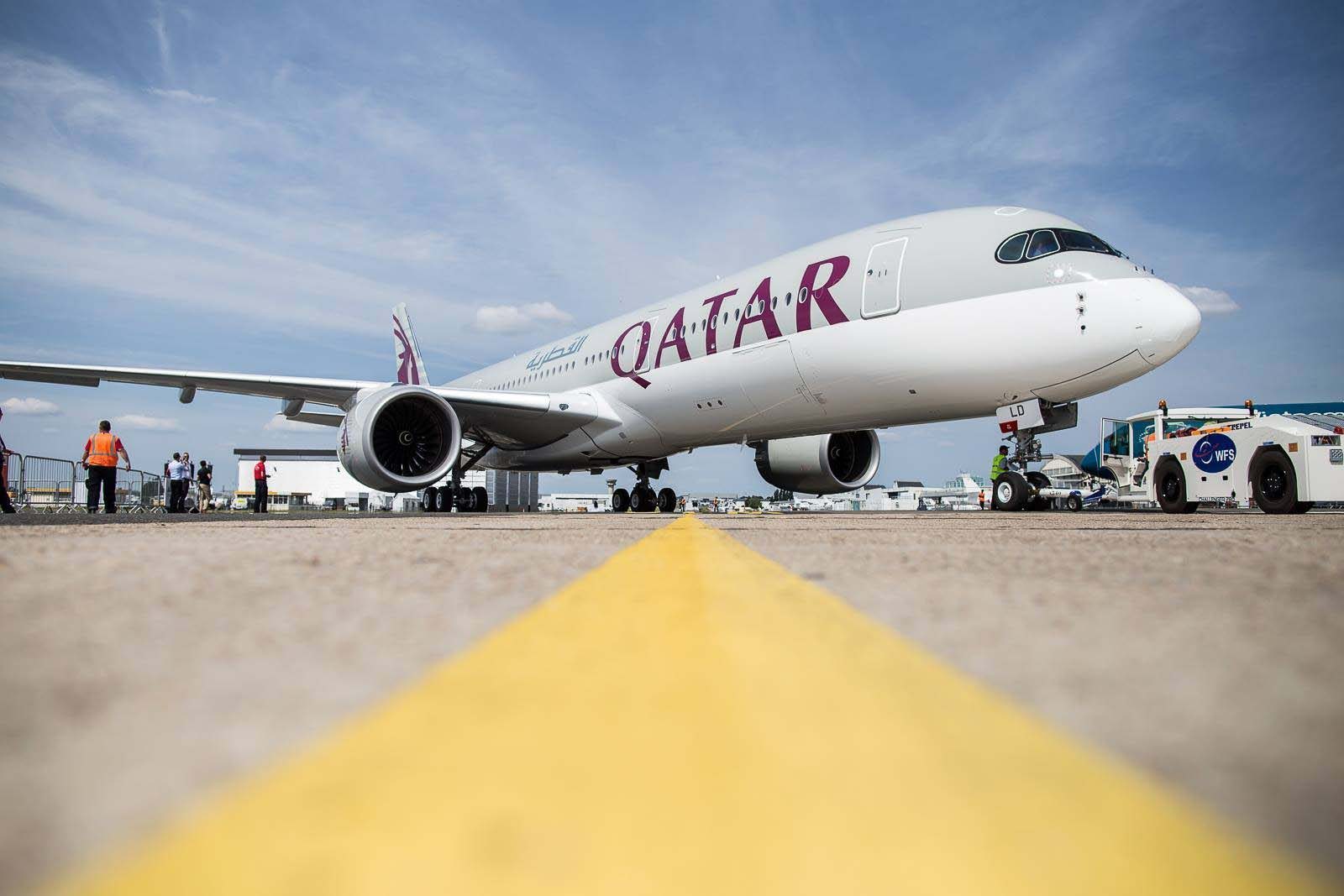In January, the planemaker decided to cancel a six-billion-dollar order for its best-selling model of A321neo jets in retaliation for Qatar’s refusal to accept A350s.
In a contentious safety and contractual dispute, Airbus and Qatar Airways are headed for a three-month summer trial next year after a UK judge gave the carrier a comparatively short timetable while dismissing its procedural allegations.
The judge told a division of the London High Court that the resolution of the dispute, in which the Gulf airline has questioned the safety of approximately two dozen grounded A350 long-haul jetliners due to defects in their protective skin, was of “public interest.”
Despite the Qatari airline‘s unwillingness to accept future deliveries, Airbus has confirmed that the painted surface and a layer of lightning protection on these and other jets has eroded. However, with the backing of European regulators, Airbus claims that they are safe.
“I am in absolutely no doubt that this case should be tried as soon as is practically possible,” stated Judge David Waksman, supporting the airline’s call for a fast trial.
He did, however, deny the airline’s request to split the trial into two parts in order for Airbus to do a more in-depth technical investigation, which the planemaker claims it has already done.
While the dispute continues, he also refused to order Airbus to stop formally attempting to deliver more A350s to Qatar Airways or to refrain from reselling undelivered aircraft.
As a result of the procedural judgement, Airbus is allowed to try to enforce payment obligations as more planes are manufactured. It could even try to sell A350s that Qatar has refused to carriers like Air India, as reported by Reuters.
Thousands of sensitive documents are expected to be scrutinised throughout the trial, which pits two of the aviation industry’s most public figures against each other in open court.
Qatar Airways, which has sought more than $600 million from the planemaker, has also stated that the surface paint flaws could expose it to damage from a lightning strike.
The airline questioned the plane’s lightning protection, which hits on an average of once a year on commercial planes, and is suing Airbus for $1 billion in damages for planes that have been idled.
Airbus has responded by suing for the recovery of millions of dollars in credits earned when planes were sold, accusing Qatar of refusing to accept planes as a means of reducing overcapacity.
After European regulators validated the design, several carriers have continued to fly the A350.
Airbus suspended a separate contract with Qatar for smaller A321neo jets back in January, further escalating the conflict.
Unless a resolution is reached, the complete trial is expected to cover both the A350 and A321neo contracts, as well as technical and commercial decisions made since Qatar Airways agreed to be the first customer for the A350 in 2007.
Top officials in Qatar and France, where Airbus is based, have expressed worry in private about the public split, but diplomats say neither of the governments have intervened directly.
In January, Qatar Airways signed a $34 billion deal with Boeing Company, an Airbus competitor.
The transaction was inked during the visit of Amir Sheikh Tamim bin Hamad Al-Thani’s to Washington DC, where the airline placed an order for 50 Boeing 737 Max 10 jets.
The airline has also signed up to be the first customer for Boeing’s new 777-8 freighter.







